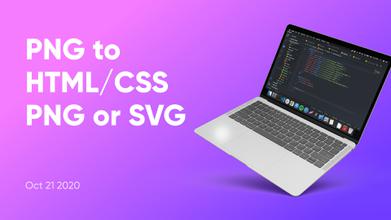The Difference Between Dynamic and Static Code
Jan 31, 2024 9146 seen
Dynamic Code vs. Static Code
In the realm of programming, the terms "dynamic" and "static" code refer to two fundamental approaches in how programming languages handle code execution and variable types. This article aims to explore the key differences between dynamic and static code, shedding light on their respective advantages, drawbacks, and use cases.
The choice between dynamic and static code depends on the specific requirements of a project and the preferences of the development team. Each approach has its own set of advantages and trade-offs, and understanding the differences is crucial for making informed decisions when selecting a programming language for a particular task. Ultimately, the best choice often depends on factors such as project complexity, team experience, and performance considerations.
1. Definition and Characteristics
Static Code: Static code refers to code that is analyzed, compiled, and executed at compile-time. The type of variables and their values is determined before the program runs, and any errors are detected during the compilation phase. Languages like C, C++, and Java are considered statically-typed, as the data types must be declared explicitly.
Dynamic Code: Dynamic code, on the other hand, involves execution-time decisions. The type of variables and their values can change during runtime, allowing for more flexibility. Dynamic languages, such as Python, JavaScript, and Ruby, often perform type-checking and memory allocation during program execution.
2. Type Checking:
Static Code: In static code, type checking is performed at compile-time. This means that any type-related errors are identified before the program is executed. While this can catch potential issues early in the development process, it may require more explicit type declarations, making the code seem rigid to some developers.
Dynamic Code: Dynamic code performs type checking during runtime. This flexibility can be advantageous, allowing variables to change types as needed. However, it also introduces the possibility of runtime errors related to type mismatches.
3. Performance:
Static Code: Static code often exhibits better performance because the compiler has more information about the program structure beforehand. This allows for optimizations and can result in faster execution. However, the compilation process may be longer.
Dynamic Code: Dynamic code might have a slight performance overhead due to the need for runtime type checking and the interpreted nature of many dynamic languages. However, this difference is often negligible in modern computing environments.
4. Flexibility and Readability:
Static Code: Static languages may require more explicit code, including variable declarations and type annotations. This can make the code more verbose but can also enhance readability by providing a clear understanding of variable types.
Dynamic Code: Dynamic languages, by their nature, tend to be more concise and flexible. This can lead to cleaner, more readable code, but it may also make it harder to understand the types of variables and catch potential errors without extensive testing.


